Agroforestry Webinar Series to Discuss Stewardship, Support Resources, and More
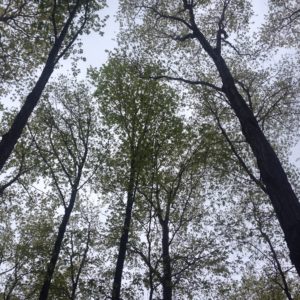
Agroforestry describes a wide range of practices that integrate trees, forests, and agricultural production. These systems preserve and enhance woodland and tree landscapes and are an important solution to climate change and in developing healthy farm economics. Agroforestry is rooted in both indigenous knowledge from around the world and in the work of numerous individuals who have conducted research and engaged as practitioners over centuries to refine practices.
The series is open to the general public for free. You can register online now, and need to only register once to receive links to all of these events. Also, each webinar will be recorded and posted to the Cornell Agroforestry website, hosted by the Cornell Small Farms Program, as well as the program’s YouTube channel.
Read on below for full descriptions of each event. Each takes place at 3 p.m. ET on the date listed below.
NRCS Assistance for Agroforestry in NY
Tuesday, April 26, at 3 p.m. ET
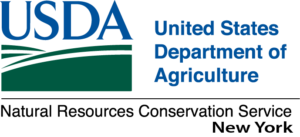
With Erin Kurtz, the District Conservationist for the USDA Natural Resources Conservation Service covering Tompkins, Cortland, and Schuyler Counties. She has a background in Environmental Science and Sustainable Agriculture, and has worked with a diversity of farming operations over the past 16 years with the agency. Originally from upstate NY, Erin has worked extensively over the past decade with landowners and partners to promote forest resiliency in western dry pine forest ecosystems utilizing NRCS programs and practices. Also with Mike Fournier, who has served as NY NRCS’s State Staff Forester since 2012. He has served as a Resource Conservationist with NRCS for 32+ years in NY, VT, and NJ. Prior to his career with USDA, he was a District SWCD Forester for 5 years. Mike graduated from ESF in 1985 with a BS in Forest Resource Mgt.
Coppice Agroforestry Fundamentals
Tuesday, June 28, at 3 p.m. ET
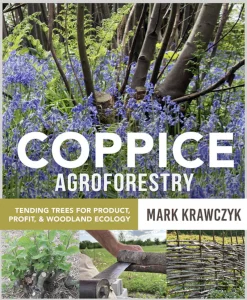 Many trees and shrubs don’t die when you cut them—they resprout! When done to rejuvenate the plant and yield wood products, tree hay, wildlife habitat and other ecosystem services, and more, we call the practice coppicing. In this webinar, we’ll contextualize the practice historically, learn about best practices, promising products and numerous practical ways to integrate coppicing into working landscapes in temperate ecosystems.
Many trees and shrubs don’t die when you cut them—they resprout! When done to rejuvenate the plant and yield wood products, tree hay, wildlife habitat and other ecosystem services, and more, we call the practice coppicing. In this webinar, we’ll contextualize the practice historically, learn about best practices, promising products and numerous practical ways to integrate coppicing into working landscapes in temperate ecosystems.
With Mark Krawczyk of Keyline Vermont LLC and Valley Clayplain Forest Farm in New Haven, VT and author of the soon-to-be-released book Coppice Agroforestry: Tending Trees for Product, Profit and Woodland Ecology.
Haudenosaunee Agroforestry and Forest Stewardship
Wednesday, August 31, at 5 p.m. ET
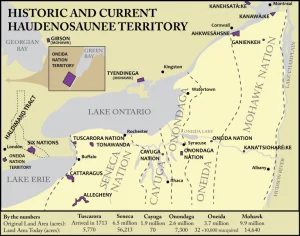
With Samantha Bosco, PhD, an allied scientist who studies the role of agroforestry to help achieve both climate smart agriculture and Indigenous food sovereignty; Abraham Francis (Deer Clan, Kahniakehaka [Mohawk Nation]), the Program Manager of the Environment for the Mohawk Council of Akwesasne; and Neil Patterson, Jr. (Skarù•ręʔ [Tuscarora Nation]), the Assistant Director for the Center for Native Peoples and the Environment at SUNY ESF.
Model Forest Farm Demo Site
Tuesday, October 25, at 3 p.m. ET
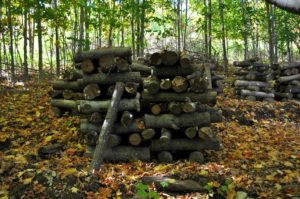
With Tracey Testo-Smith, Agroforestry and Natural Resource Educator, Cornell Cooperative Extension Columbia-Greene’s Agroforestry Resource Center.

